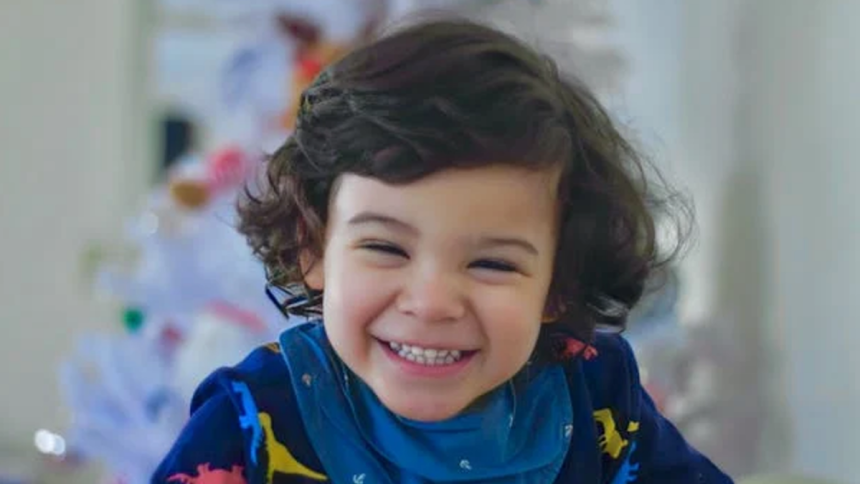Your child’s smile undoubtedly lights up the whole room and makes you very happy to see it. However, parents need to know that the teeth behind those happy little smiles need to be correctly maintained from an early age to avoid issues when they get older.
Taking care of your kid’s dental involves brushing, flossing, and maintaining general gum health. In addition to the basics, there are a few facts about children’s dental health that will make caring for their little teeth much easier and more effective.
Knowing How to Care For Little Teeth Creates a Healthy Foundation
Taking the time to learn more about your kid’s dental health is essential to ensuring that you can teach them the right dental techniques to create healthy habits that they can use throughout their lives. Our dental experts have compiled a list of interesting facts that will help you with this.
1. Baby Teeth Need to be Cared For
Many people are under the impression that you don’t have to care for milk teeth as much as you do permanent teeth. After all, they’re going to fall out whether you look after them or not. While this may be true, it’s essential to remember that healthy baby teeth lead to healthier adult teeth.
In most instances, milk teeth start falling out by the age of six or seven. Baby teeth should be cared for to avoid decay as this can lead to weaker adult teeth. This means it’s essential to ensure that even the baby’s teeth remain cavity-free. This will provide a stronger foundation for healthier adult teeth. Do this by ensuring regular brushing and limited sugar intake.
2. Children can Develop Plaque Just as Easily as Adults
Another fact that some parents don’t realise is that children can develop plaque just as easily as adults. Habitually consuming sugary foods and drinks will lead to cavities and plaque. You can avoid this by teaching your children to eat more fresh fruit and vegetables than candies. They should also opt for drinking more water than soda drinks.
3. Fluoride is Essential for Building Strong Teeth
Baby teeth should be brushed just as regularly as permanent teeth. This is because the fluoride in toothpaste is essential for cavity protection. Regular brushing ensures that the fluoride hardens tooth enamel and remineralises little teeth.
Daily brushing also removes acidity in the mouth caused by foods, sugar, and sodas. Your child should start brushing with fluoride toothpaste around the age of two. Remember to invest in a soft-bristled toothbrush which should be changed every three months at least.
If you struggle to get your little ones to brush their teeth, consider letting them choose their own cartoon toothbrush. You can also reward them when they reach the end of each week with struggle-free brushing sessions. Remember to opt for non-candy rewards!
4. Children Need to Meet the Dentist as Early as Possible
You may think that children are born with a natural fear of the dentist or that there’s no way to overcome it. The reality however is that children become more relaxed around your dentist if you introduce them from an early age.
It’s important to teach your kids that they have nothing to fear and that ultimately the dentist just wants to make their teeth better. Taking your small children with you to a few of your own dental appointments will also go a long way toward reducing dental anxiety.
5. Ditch the Baby Bottles Before the Time Teeth Arrive
Ever heard of Nursing Bottle Syndrome? Also referred to as baby bottle decay, this is the development of tooth decay and early loss of baby teeth due to the sugar in food, juices, and baby tea. With this in mind, it’s advised to each of your little ones to drink from a sippy cup as soon as they start developing their milk teeth.
This way there’s no continued exposure to the sugar that lingers on the bottle teat. It’s also a good idea to encourage your little one to drink water from a very young age as this will help rinse any excess sugar out of their mouth.
6. Children Should Floss too
Flossing isn’t just for adults. In fact, the sooner you teach your children to floss, the more likely they are to adapt it into their daily routine and continue with it as they grow. Ideally, your kids should start flossing when their back molars start touching.
Remember that flossing helps to remove food particles and bacteria between their teeth. As your kids grow older, and their teeth get bigger, it’s easier for bacteria to spread between them. Flossing will help remove any bacteria that they weren’t able to brush away.
Final Thoughts
As adults, the way our teeth look affects our confidence levels. The same can be said for your children. In addition to this, struggling with cavities and dental plaque from a young age can affect their permanent teeth. You can avoid this by setting your kids on the right path with their dental habits. Teaching them the importance of dental care from a young age will always keep them smiling confidently!
Lynn Martelli is an editor at Readability. She received her MFA in Creative Writing from Antioch University and has worked as an editor for over 10 years. Lynn has edited a wide variety of books, including fiction, non-fiction, memoirs, and more. In her free time, Lynn enjoys reading, writing, and spending time with her family and friends.















